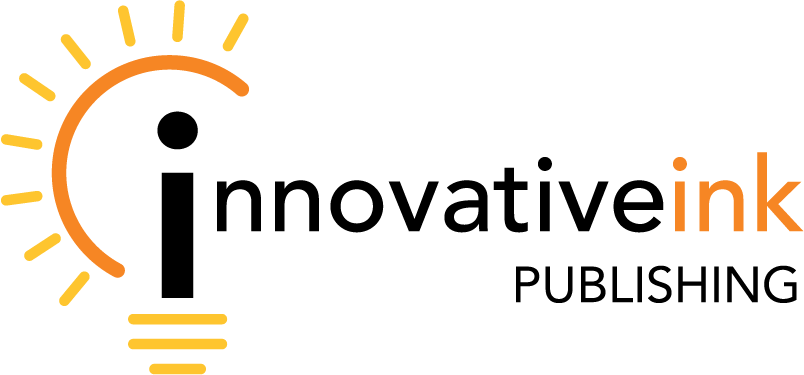This is a book of workshops that teachers can bring into their classrooms to enrich their students’ ability to engage in the complex issues they face around race and racism. Though the title reflects a desire to help White teachers experience the satisfaction of helping to undo racism, the detailed nature of the workshops also offers Teachers of Color more ways to manifest anti-racism education in their classrooms.
The breadth of workshops provides a comprehensive platform from which to begin engaging students. It guides teachers (and community educators) in one workshop to help White students move beyond guilt to action. Another shows how to refocus class willingness to engage anew when some White students have been feeling “bashed” by talking about racism “so much.” A third provides an example of how a teacher can guide students whose ethnicity they don’t share in dealing with the Daily Indignities cast upon those students.
One chapter takes students through a systems picture in such detail that they can actually feel the linkages between the multiple ways institutions reinforce prejudice. Another provides a useful curriculum for a teacher who can only slip in 75 minutes a year on exploring racism. Others look at ways to engage students on the topic in an art or a science class. Though a mix of workshops focusing on student emotions and analytical approaches, there is a heart-centeredness in the work, a compassionate approach to engaging students at whatever point they are in unpacking the racial information that has so far come to them.

Jack C. Straton
Jack C. Straton, Ph.D., is a Professor in Physics and Portland State University’s interdisciplinary University Studies Program where his teaching blends science, art, diversity, critical thinking, and social responsibility. He earned a Bachelor of Fine Arts degree in Photography in 1977 from the University of Oregon and then worked as a professional jazz drummer for three years. He returned to the U of O to earn a doctorate in Physics in 1986. His research ranges from Quantum Scattering Theory to Anti-racist Pedagogy. He has been a volunteer and professional diversity trainer since 1985 when he founded Eugene (Oregon) Men Against Rape, and he facilitates an interracial dialogue group that has met monthly since 2001. He was awarded the first PSU President's Diversity Initiative Award for faculty in 2005 for his antiracist pedagogy.
Straton’s photographs have been juried into more than 130 shows and he was Artist in Residence at Brush Creek Foundation for the Arts in 2018. He plays drums weekly with musicians having an interest in building community rather than making money, and has shifted musical focus to rock, funk, and blues. In addition to his journal articles, his publications include the 2020 book for nonscientists, “Relativity Lite: A Pictorial Translation of Einstein’s Theories of Motion and Gravity” and a short documentary video that combines photographs he took in four Oregon towns scorched by wildfires in September 2020 with music and lyrics written and performed by his cousin Elizabeth Straton. The film may be viewed here.
"I witnessed the power of these workshops to deepen one’s humanity, through my unique opportunity and joy of experiencing Jack’s course three times: first as a student and subsequently as a peer-mentor (teaching assistant) for two years. Using art and social justice as a vehicle, Jack creates a safe classroom environment that evokes student participation, vulnerability, and growth through a myriad of means: thoughtful questions paired with intentional listening; cultivation of respect, allowing students to be the expert of their own experience while encouraging a curious, open mind to personal truths; engaging course content that spans space and time, artistic mediums, and learning methods. These workshops invite facilitators and learners alike to deepen our humanity. They encourage social activism, plant countless seeds of wisdom, and sow lessons that continue to unfold years later."
Emily Lipski, MS, CPO